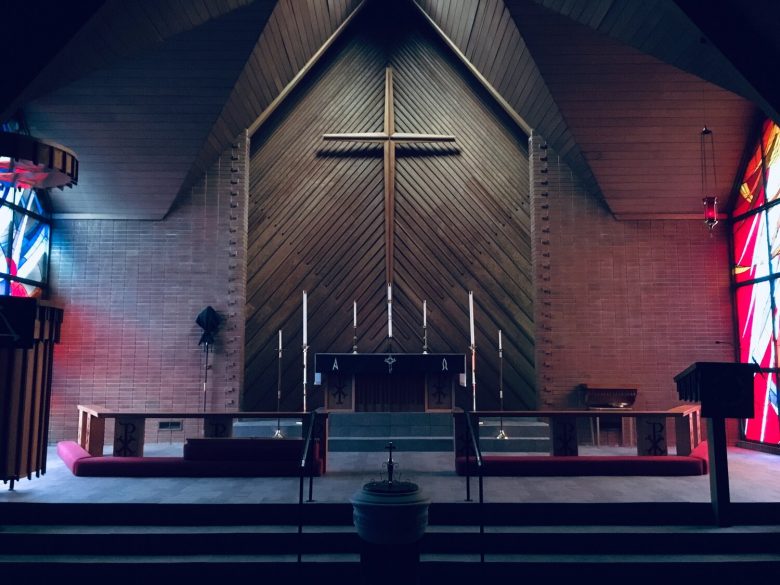The Religious Freedom at Work Rulings Explored
The year 2020 has been eventful in all respects, including clarification of religious freedoms at work. This summer, the Supreme Court of the United States (SCOTUS) issued several rulings generally concluding that the First Amendment prevents government from interfering in the employment decisions made by many religious institutions.
SCOTUS decided that it is not the place of the government to interfere with these companies finding the employees that will be best for their religious mission and the fit in their faith-based organizations.
The result: for religious employers, there are plenty of new protections from a variety of different discrimination claims available that give more leeway in their operations and outline what the government can and can not regulate in regard to their business.
The Decisions That Turned The Tide
On July 8, the Court decided Our Lady of Guadalupe School v. Morrissey-Berru where the school sought to use the “ministerial exception” to dismiss the lawsuit filed by its former employee. St. James School v. Biel was decided on the same day.
In those cases, SCOTUS held that the First Amendment does not permit courts to intervene in employment disputes involving “teachers at religious schools who are entrusted with the responsibility of instructing their students in the faith.” State interference in that sphere “would obviously violate the free exercise of religion,” SCOTUS continued, adding that “any attempt by government to dictate or even to influence such matters would constitute one of the central attributes of an establishment of religion.” It held that employees would fit the ministerial exception even without this title or clerical duties as long as they “performed vital religious duties.”
Little Sisters of the Poor Saints Peter and Paul Home v. Pennsylvania was also decided on July 8th. There, SCOTUS again protected religious freedoms when it held that it “was appropriate” for the departments of health which administer the Affordable Care Act (ACA) to consider the Religious Freedom Restoration Act of 1993 (RFRA) while formulating exemptions from the ADA’s mandate which requires certain employers to provide contraceptive coverage as part of the employee health benefit plans.
SCOTUS emphasized that the RFRA “provide[s] very broad protection for religious liberty.” And, it was “clear from the face of [RFRA] that the contraceptive mandate is capable of violating RFRA.” As such, the departments did not improperly create exemptions to the ACA mandate for employers who asserted religious and conscientious objections.
The Discrimination Concern
While the law outlines how religion and law are incorporated (or separated, for that matter) regarding legal issues, there are plenty of exceptions for religion and churches. The basic idea is that these institutions can and should be able to decide various matters of doctrine and faith, including employee hiring and firing, without the intrusion of the government. The religious community is celebrating, and those who are in charge of faith-based businesses, including schools, churches, and other organizations, are happy to be able to carry on with doing what is best for their organization.
However, this new religious freedom ruling is stirring up the LGBTQ community, who says that on one hand, it is now clearly against the law to fire someone for being LGBTQ due to the Bostock decision, reported here. But on the other hand, SCOTUS just made it infinitely easier for any religious organization or employer to discriminate on various bases. There is concern that while the general provision is positive and the benefit is obvious, it could be misconstrued by some people as a new way for religious organizations to keep LGBTQ people out of their schools, businesses, churches, and other organizations.
With the majority conservative SCOTUS, these rulings are here to stay and we would be prudent to expect more of the same.



Comments are closed.